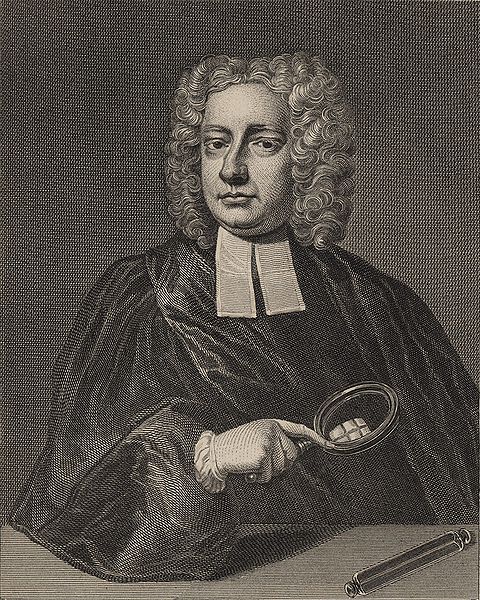John Canton was a British physicist. He was born in Middle Street Stroud, Gloucestershire, to a weaver, John Canton and Esther. As a schoolboy, he became the first person to determine the latitude of Stroud, whilst making a sundial. The sundial caught the attention of many, including Dr Henry Miles, a Stroud-born Fellow of the Royal Society. Miles encouraged Canton to leave Gloucestershire to become a trainee teacher for Samuel Watkins, the headmaster of a Nonconformist school in Spital Square, London, with whom he ultimately entered into partnership.
John Canton
Plaque to John Canton on the wall of the Old Town Hall in the Shambles, Stroud, Gloucestershire
The Copley Medal is the most prestigious award of the Royal Society, conferred "for sustained, outstanding achievements in any field of science". It alternates between the physical sciences or mathematics and the biological sciences. Given annually, the medal is the oldest Royal Society medal awarded and the oldest surviving scientific award in the world, having first been given in 1731 to Stephen Gray, for "his new Electrical Experiments: – as an encouragement to him for the readiness he has always shown in obliging the Society with his discoveries and improvements in this part of Natural Knowledge". The medal is made of silver-gilt and awarded with a £25,000 prize.
The Copley Medal awarded to George Stokes in 1893 (obverse)
Reverse
Image: John Theophilus Desaguliers
Image: John Theophilus Desaguliers





